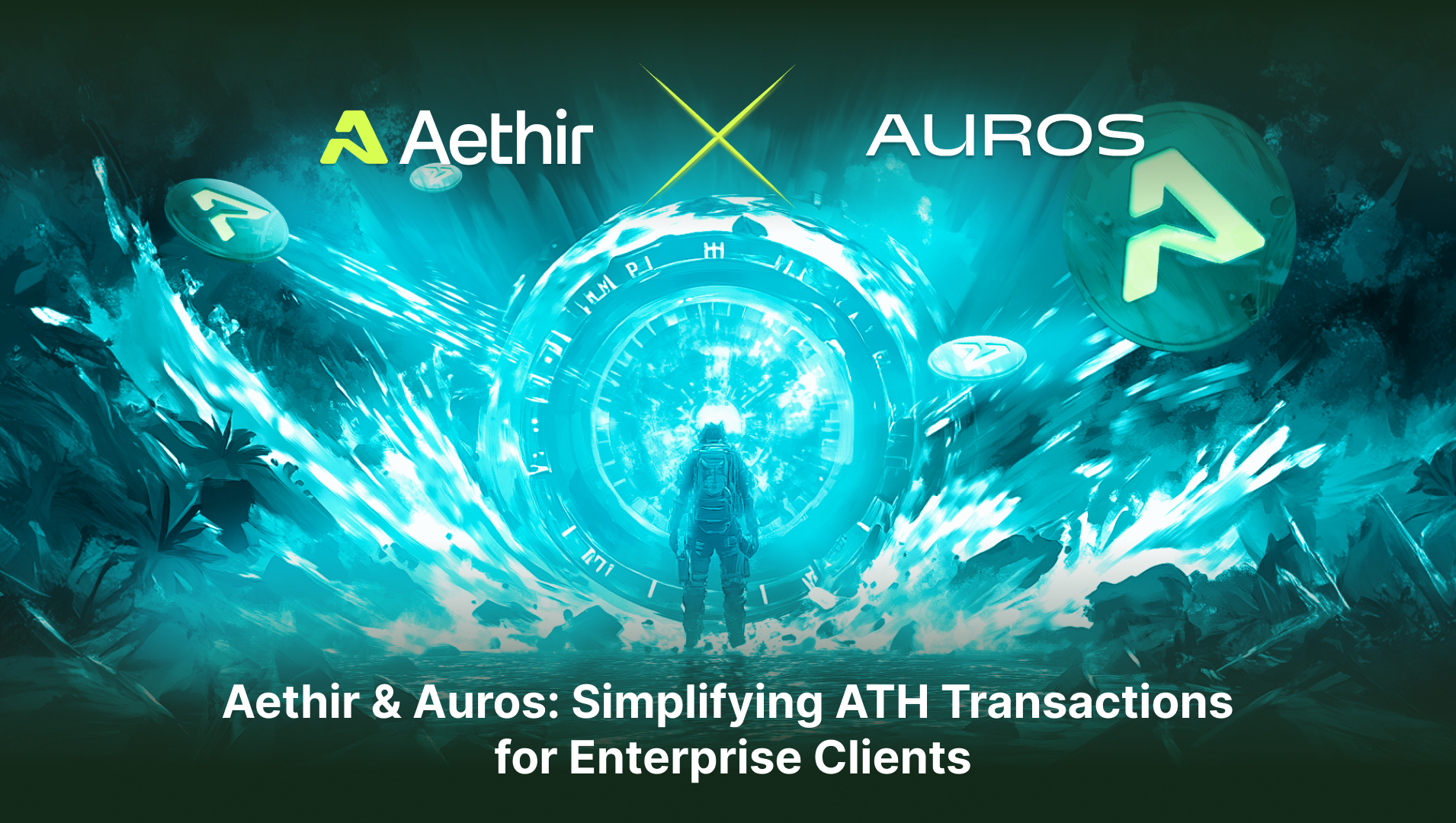Aethir and Auros team up to boost ATH token transaction efficiency
Wednesday, August 28, 2024 3:45 PM
134

https://cryptobriefing.com/aethir-auros-ath-token-efficiency/
Buy Now at
Signup for latest DePIN news and updates

https://cryptobriefing.com/aethir-auros-ath-token-efficiency/